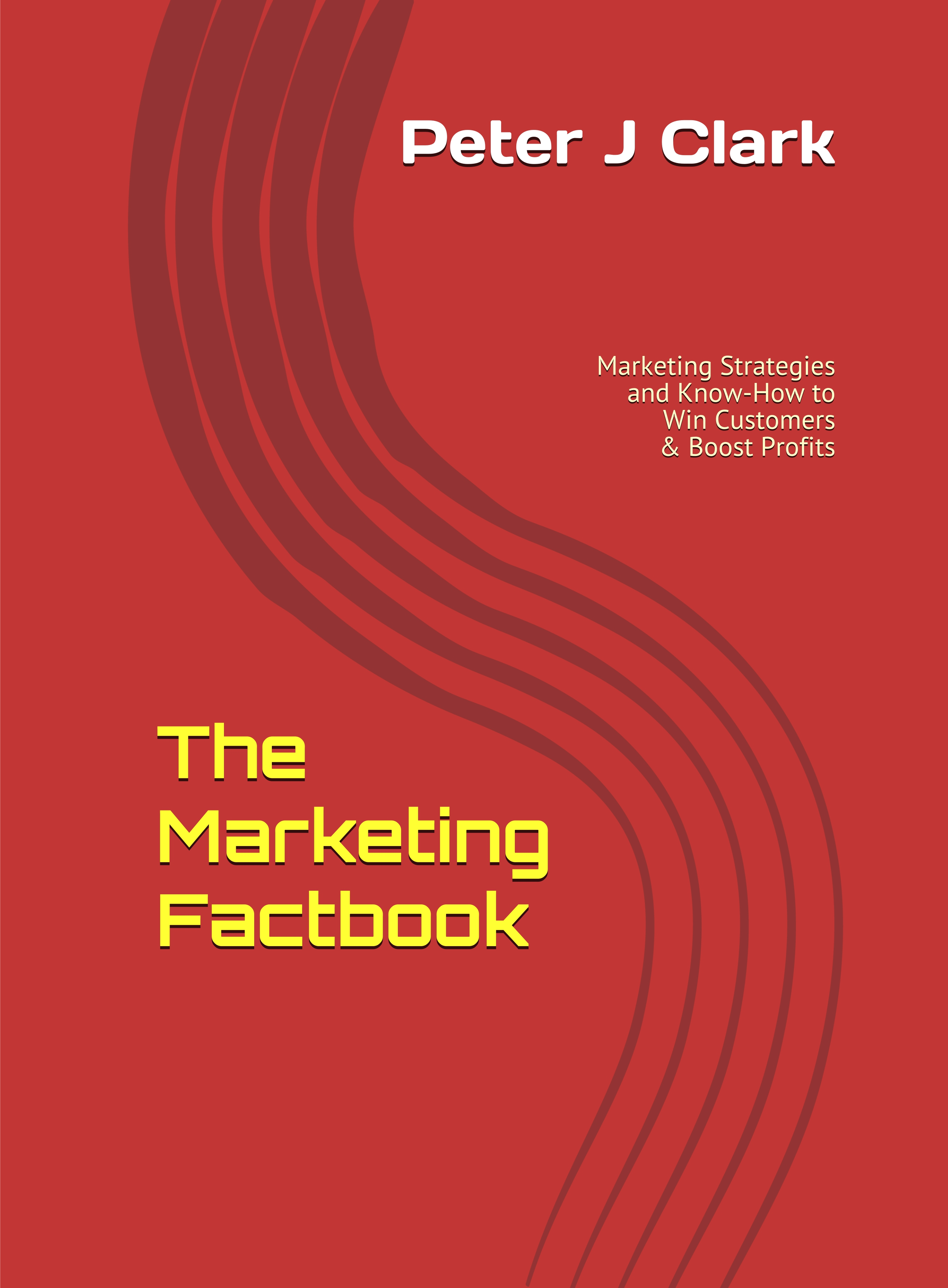Four recession-driven consumer segments found
Four distinct consumer groups have emerged as a result of the ongoing economic downturn, according to a Decitica study that quantified how American consumers' purchasing behaviour has been changed by the recession, and what those shifts will mean to retailers and brands.
The study's conclusion is that consumers have generally divided themselves into four categories. These four emerging groups are the Steadfast Frugalists, the Involuntary Penny-Pinchers, the Pragmatic Spenders and the Apathetic Materialists.
The study, entitled 'Marketing to post-recession consumers', suggests that marketers must review their existing view of consumers ready for the post-recession marketplace, because marketing strategies that ignore the full range of consumers' recession experiences will no longer be effective or relevant.
The four categories were derived by analysing the frequency, satisfaction and self-efficacy associated with a variety of spending, purchase and consumption behaviours. Their behaviours can be summarised as follows:
- Steadfast Frugalists
Steadfast Frugalists are committed to self-restraint, engaging in prudence with great enthusiasm. They make up about one-fifth of American consumers, and represent all income and age groups.According to Decitica principal Dr Val Srinivas, marketers will probably find this group the most challenging because they are the least brand loyal and the most likely to ignore marketing messages.
Most Steadfast Frugalists (80%) feel that the new behaviours they have adopted will probably stay with them for a long time. This is in contrast to only 24% of Apathetic Materialists who feel the same way.
- Involuntary Penny-Pinchers
This group, making up about 29% of the population, have been severely affected by the recession. They are mainly made up of households with less than US$50,000 in annual income, and represent more women than men.This segment has been forced to embrace thrift like never before. At the moment their actual behaviours do not differ greatly from those of Steadfast Frugalists. But what makes them different is their aversion to expending effort on money-saving strategies. Only 17% find buying store or generic labels to be satisfying, compared to 59% of Steadfast Frugalists. At the same time, the recession has had a heavy emotional impact on Involuntary Penny-Pinchers, who admit to being more scared (77%), stressed (81%) and worried (87%) about the future than other groups.
- Pragmatic Spenders
Pragmatic Spenders are arguably the most attractive group for marketers because of their higher spending power, according to Srinivas. While they have also curbed their spending, they are the most capable - both psychologically and financially - of resurrecting their past spending patterns. This potentially loyal group makes up approximately 29% of consumers.Income has lessened the effects of the recession on this segment, with Only 28% of Pragmatic Spenders feeling the recession has changed how and what they will buy in the future (compared to 55% of Steadfast Frugalists).
- Apathetic Materialists
Apathetic Materialists appear to be the least changed by the recession. They have not embraced the new frugality to the same extent as others, and derive little satisfaction from such behaviours. Only 6% of this group find price comparison to be satisfying, compared to 85% of Steadfast Frugalists.The Apathetic Materialists segment comprises more men (55%) than women, as well as younger consumers (72% are aged under 40). They are the least driven by price, with only 8% admitting to being "very focused on value" (compared to 30% of Pragmatic Spenders and 52% of Involuntary Penny-Pinchers).
Sources: Decitica / The Marketing Factbook.
Copyright © 2009 - 2025 The Marketing Factbook.
Categorised as:
- Customer Experience
- Knowing The Customer
- Marketing Know-How
